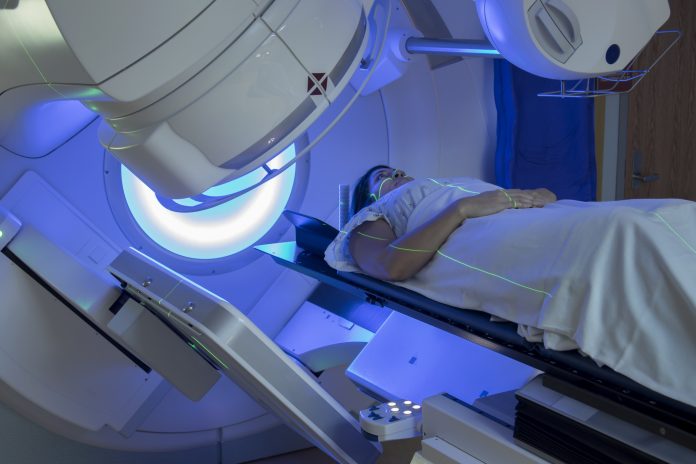Professor David Sebag-Montefiore outlines the profound impact of radiotherapy research. Through global trials and personalised approaches, innovation advances cancer care. Collaborative efforts ensure patient-centred treatments, paving the way for smarter, kinder therapies and a future of precision oncology
Advancing cancer care: Innovation in radiotherapy
Radiotherapy is a cornerstone of modern cancer treatment, playing an important role in treating nearly half of all patients with cancer. Yet its potential continues to grow, fuelled by ground-breaking research that personalises treatment, reduces side effects, and improves outcomes. These advancements reflect the power of clinical trials, robust collaboration, and an unwavering commitment to patient-centred care.
As we build on this foundation, the future of radiotherapy promises to save more lives and do so with unparalleled precision, innovation, and compassion.
Transforming standards through clinical trials
Clinical trials and research are the backbone of progress in oncology, shaping global standards and redefining effective cancer care. I was Chief Investigator for the study Preoperative radiotherapy versus selective postoperative chemoradiotherapy in patients with rectal cancer (MRC CR07 and NCIC-CTG C016). The trial demonstrated adding a one-week course of radiotherapy halved the risk of local recurrence in rectal cancer. When paired with precise surgical excision, this treatment regimen became a global standard of care.
Similarly, early results from the innovative PLATO clinical trial platform suggest a four-and-a-half-week radiotherapy course is as effective as the traditional five-and-a-half-week regimen, but with fewer side effects. These findings illustrate how research continually refines treatment, improving both efficacy and the patient experience. Long-term results from PLATO are eagerly awaited in 2025, with the potential to revolutionise radiotherapy treatment further.
Personalising radiotherapy: A patient-centred approach
We are entering a new era in cancer care, one where treatments are tailored to each patient’s unique cancer profile. This paradigm shift improves outcomes and enhances the overall care experience. Clinicians can optimise treatment to minimise side effects and deliver more effective therapies by focusing on personalisation.
Radiotherapy research in anal and rectal cancers has led to practice-changing advancements, with a focus on personalisation through clinical trials. This has transformed how these cancers are treated globally, offering patients better outcomes and fewer side effects.
Collaboration: The engine of innovation
None of these advancements would be possible without collaboration. At the Cancer Research UK (CRUK) Radiation Research Centre of Excellence at the Bexley Wing, St James’s University Hospital, multidisciplinary teams work in state-of-the-art facilities to seamlessly integrate research and NHS care. This ensures that patients benefit from cutting-edge treatment approaches as soon as they become available.
The Centre drives pioneering innovations by fostering partnerships between academia, industry, and clinical environments. It recently secured £2.94 million in funding from CRUK, complemented by £5.6 million in support from the University of Leeds, Leeds Teaching Hospitals NHS Trust, Leeds Hospital Charity, and industry partners. Such investments are crucial for sustaining progress and ensuring that future generations receive continually improving care.
A vision for smarter, kinder, and more accessible care
Our ongoing commitment in cancer research to innovation has created a vibrant research community, training future leaders while delivering rapid patient benefits. By developing smarter, kinder treatments, we can offer new hope to those with newly diagnosed cancers and those whose cancers have returned, potentially giving some patients a second chance at a cure.











